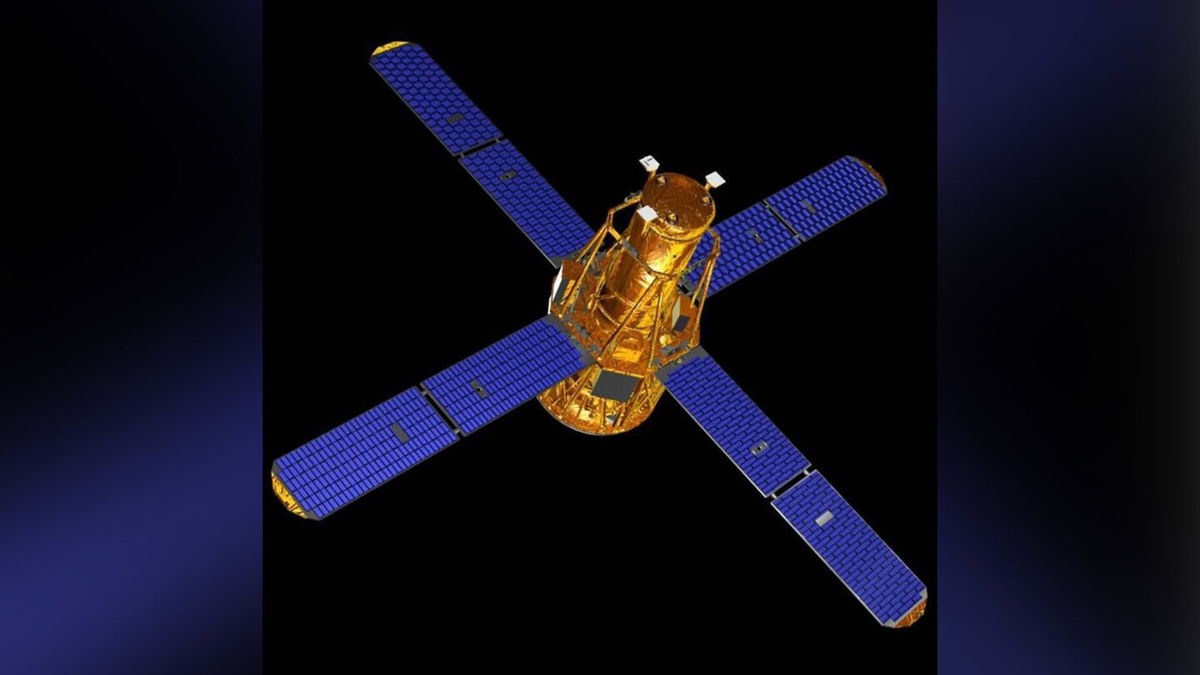Defunct NASA spacecraft returns to Earth after 21 years

From 2002 to 2018
By Katie Hunt and Ashley Strickland, CNN
A NASA satellite that observed solar flares and helped scientists understand the sun’s powerful bursts of energy fell to Earth this week, almost 21 years after it was launched.
The retired Reuven Ramaty High Energy Solar Spectroscopic Imager (RHESSI) spacecraft, which launched in 2002 and was decommissioned in 2018, reentered Earth’s atmosphere Wednesday at approximately 8:21 p.m. ET, according to NASA.
The 660-pound spacecraft reentered the atmosphere over the Sahara Desert region at 26 degrees longitude and 21.3 degrees latitude, according to the United States Department of Defense.
NASA expected most of the spacecraft to burn up as it traveled through the atmosphere, but some components might have survived reentry. The risk of harm coming to anyone on Earth as a result of RHESSI’s return was low — approximately 1 in 2,467, according to NASA.
“At this time, NASA has not received any reports of any damage or harm associated with the re-entry,” the agency said in a statement.
The spacecraft was equipped with an imaging spectrometer, which recorded the sun’s X-rays and gamma rays. From its former perch in low-Earth orbit, the satellite captured images of high-energy electrons that carry a large part of the energy released in solar flares, NASA said.
Before RHESSI, no gamma-ray images or high-energy X-ray images had been taken of solar flares, and data from the spacecraft provided vital clues about the phenomena and their associated coronal mass ejections.
These solar events release the energy equivalent of billions of megatons of TNT into the sun’s atmosphere within minutes and can have effects on Earth, including the disruption of electrical systems.
Over the years, RHESSI documented the huge range in solar flare size, from tiny nanoflares to massive superflares that were tens of thousands of times bigger and more explosive.
The-CNN-Wire
™ & © 2023 Cable News Network, Inc., a Warner Bros. Discovery Company. All rights reserved.

